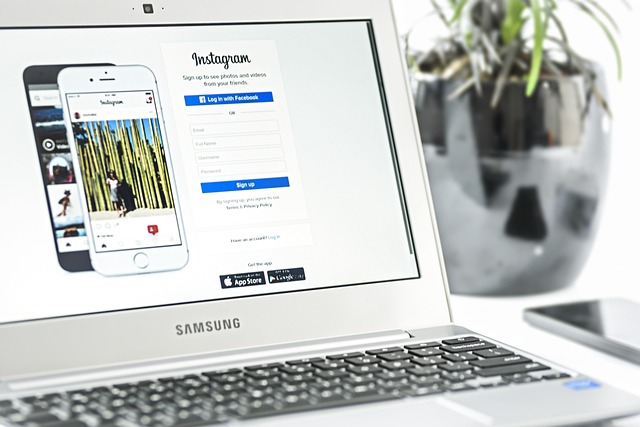High blood pressure, also known as hypertension, is a common and serious condition that affects millions of people worldwide. It is often called the “silent killer” because it typically has no symptoms but can lead to severe health complications such as heart disease, stroke, and kidney failure if left untreated. As a result, it is crucial for individuals to be aware of the role that nurses play in the diagnosis and management of high blood pressure.
Nurses are an integral part of the healthcare system and play a critical role in the early identification and management of high blood pressure. They are often the first healthcare professionals to encounter patients with this condition, whether it’s during routine check-ups, screenings, or in emergency situations. Nurses are trained to measure blood pressure accurately, interpret the results, and provide guidance on managing high blood pressure.
One of the most important aspects of a nurse’s role in high blood pressure diagnosis is education and awareness. Nurses are responsible for educating patients about the importance of monitoring their blood pressure regularly and understanding the risk factors for high blood pressure such as family history, diet, exercise, and stress. They also provide information on lifestyle changes that can help to lower blood pressure, such as dietary modifications, regular physical activity, and stress management techniques.
In addition to education, nurses also play a critical role in the accurate measurement of blood pressure. They are trained to use a blood pressure cuff and a stethoscope to measure the force of blood against the walls of the arteries. This provides valuable information about a patient’s cardiovascular health and can help to identify high blood pressure. Nurses also use their knowledge of blood pressure readings to identify when a patient’s blood pressure is within a healthy range, high, or dangerously high, and can follow up with a healthcare provider for further evaluation and treatment.
Furthermore, nurses also play a crucial role in the management of high blood pressure through medication administration and patient monitoring. They work closely with healthcare providers to ensure that patients are taking their prescribed medications as directed and are making progress towards achieving their blood pressure goals. Nurses also monitor patients for any adverse effects of medication and make necessary adjustments to the treatment plan based on a patient’s response.
In conclusion, the role of nurses in the diagnosis and management of high blood pressure is invaluable. They are well-trained and equipped to educate patients about the condition, accurately measure blood pressure, and provide essential support in managing and monitoring hypertension. As such, it is important for individuals to recognize and appreciate the role that nurses play in their overall health and well-being, particularly when it comes to the diagnosis and management of high blood pressure. By working collaboratively with healthcare providers, nurses can help to ensure that patients receive the best possible care for this potentially life-threatening condition.

